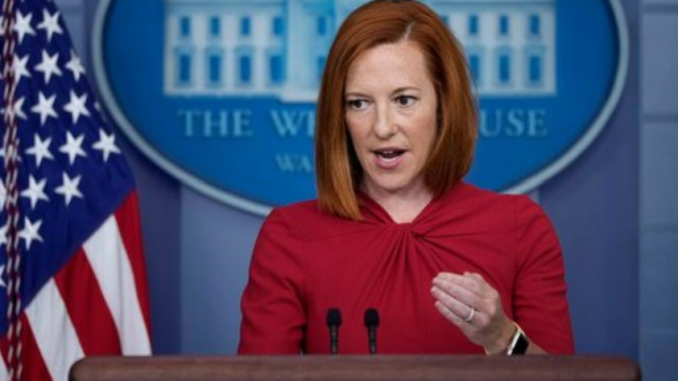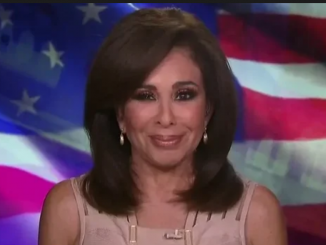
The White House announced a plan to partner with Facebook to flag problematic posts that it believed contained “disinformation” about novel coronavirus vaccines. But there were many stories labeled disinformation that turned out to be legitimate.
The Lab Leak Theory
For months after the coronavirus began its spread, Democrats and media talking heads alike dismissed the possibility that the virus could have leaked from a research laboratory like the Wuhan Institute of Virology.
They scoffed at Republicans like Arkansas Sen. Tom Cotton and former President Donald Trump for saying they believed the virus had originated in a lab, and labeled it as a fringe conspiracy theory.
But over a year into the pandemic, the lab leak theory has gained stronger ground.
Russian Bounties on American Soldiers
Just a few months before the 2020 presidential election, the media began to circulate a report suggesting Russian officials secretly placed bounties on the heads of American soldiers — effectively paying the Taliban to execute Americans.
Everyone from The New York Times to now White House press secretary Jen Psaki pushed the narrative.
The Washington Post even gave Trump “four Pinocchios” for calling the story “fake news.”
But some six months after the election, the story changed dramatically. A new statement from Biden’s White House said what former White House press secretary Kayleigh McEnany said from the beginning: that the intelligence community did not have high confidence in the information.
Hunter Biden’s Laptop
The New York Post — and a number of people who shared the Post’s exposé on Hunter Biden — found themselves at least temporarily suspended from Twitter. The reason, according to Twitter, was that the story revealed personal information and was considered to be the product of “hacked materials” — in spite of the fact that the Post did not appear to have published anything resulting from a hack.
The Daily Caller News Foundation obtained a forensic analysis of the contents of Hunter Biden’s laptop — the source of the Post’s story — and determined the “smoking gun” email implicating his father in his overseas business dealings to be 100% authentic.
Just after the election, however, outlets like NPR that had dismissed the Hunter Biden laptop story as “not really a story,” suddenly reversed course.
And NPR was hardly alone.
Russian Collusion
Democrats and the media spent the better part of Trump’s first three years in office trying to make the Russian collusion narrative stick — and Democratic California Reps. Adam Schiff and Eric Swalwell claimed to have direct evidence of that collusion.
After Special Counsel Robert Mueller’s investigation came to an end with no indictment for Trump, Schiff doubled down, attacking then-Attorney General William Barr for summarizing Mueller’s report in a way that didn’t implicate Trump.
And the list doesn’t end there.
Claims that Trump snubbed veterans during a trip to France were rebutted by several close associates — including national security adviser-turned-Trump critic John Bolton.
Media outlets accused Trump of lying when he claimed senior members of former President Obama’s administration spied on his campaign — but those concerns turned out to be legitimate.
The question is obvious: with a record like that, should the White House — or anyone else, for that matter — have the authority to universally determine for Big Tech what qualifies as “disinformation”?
*story by The Daily Caller


